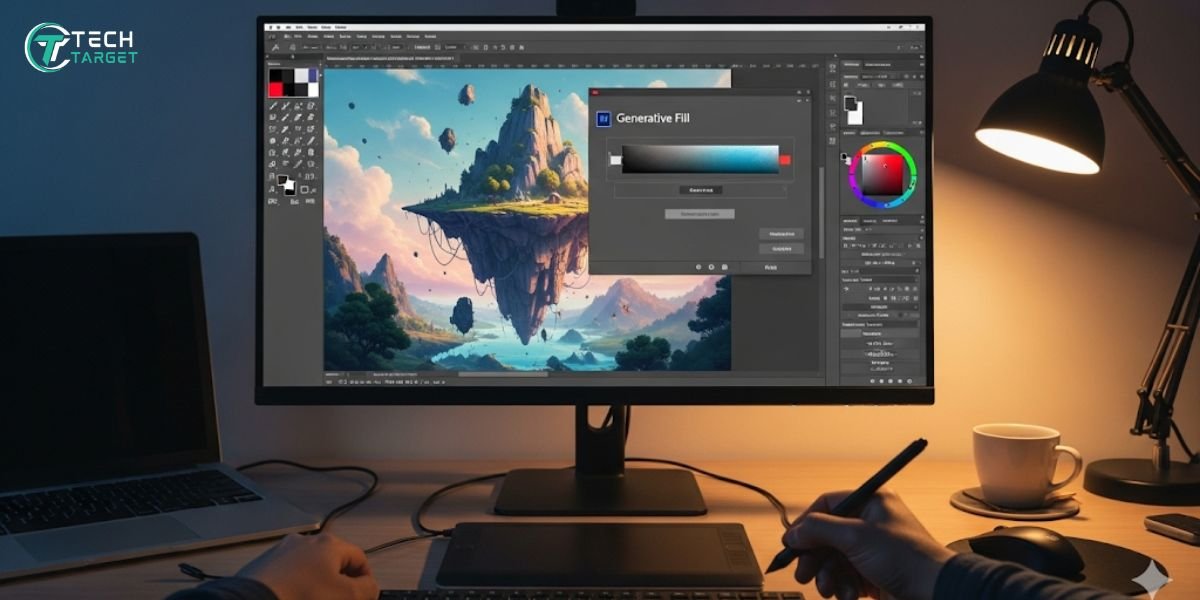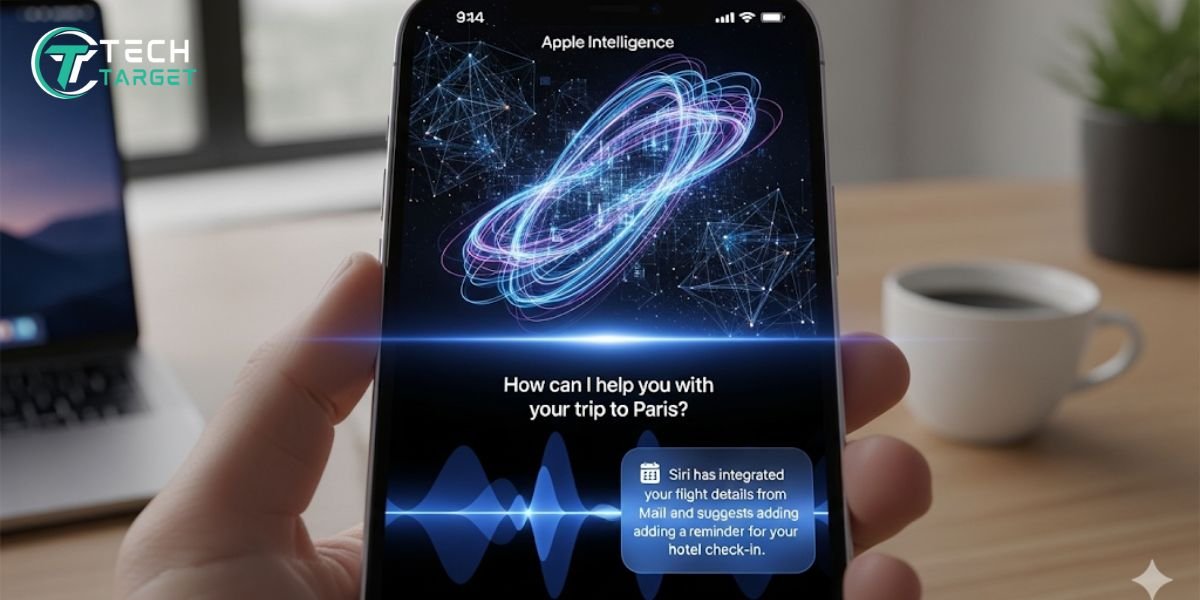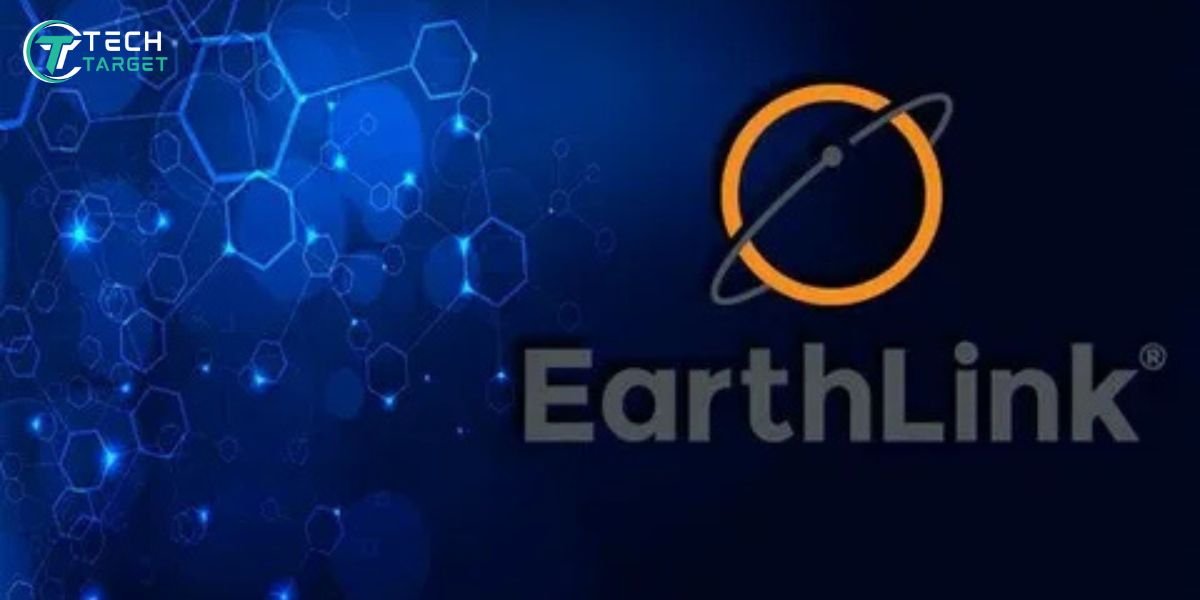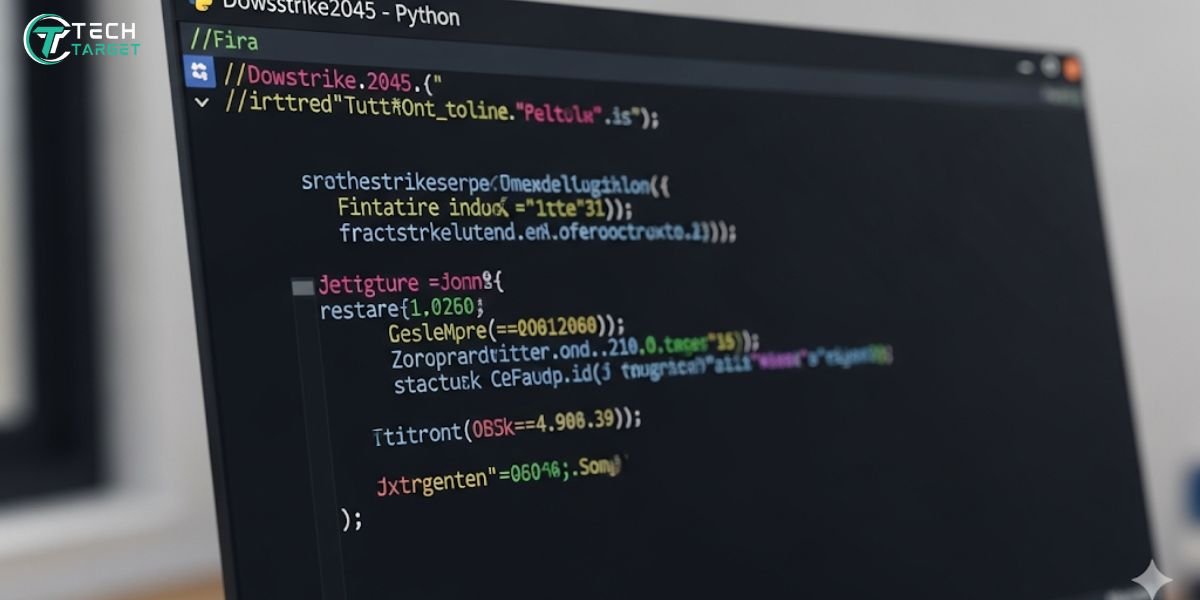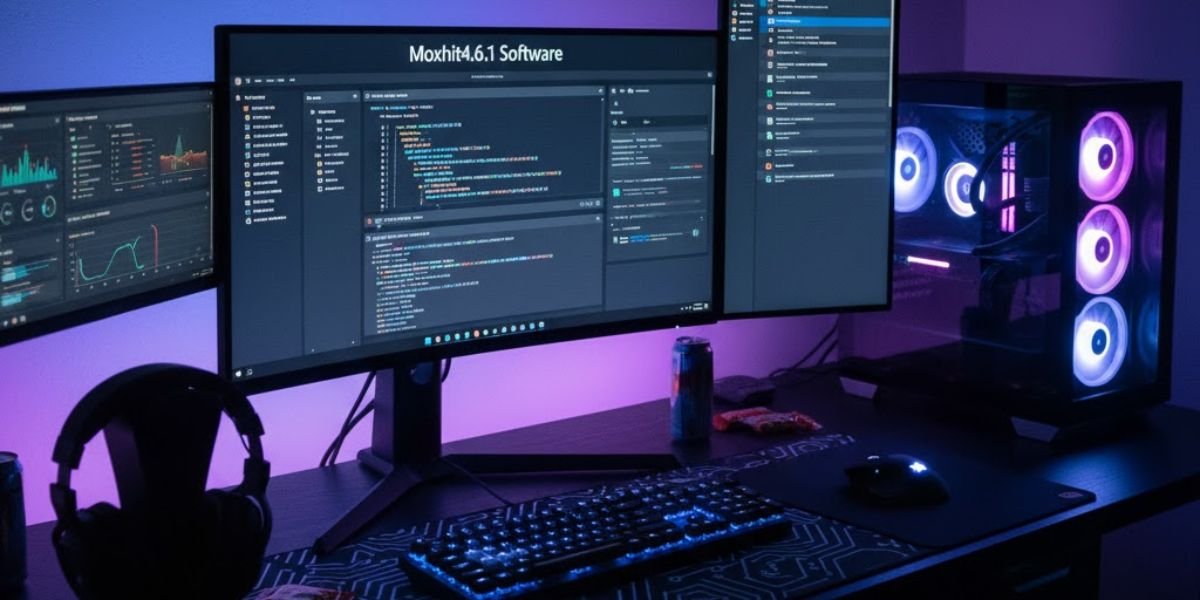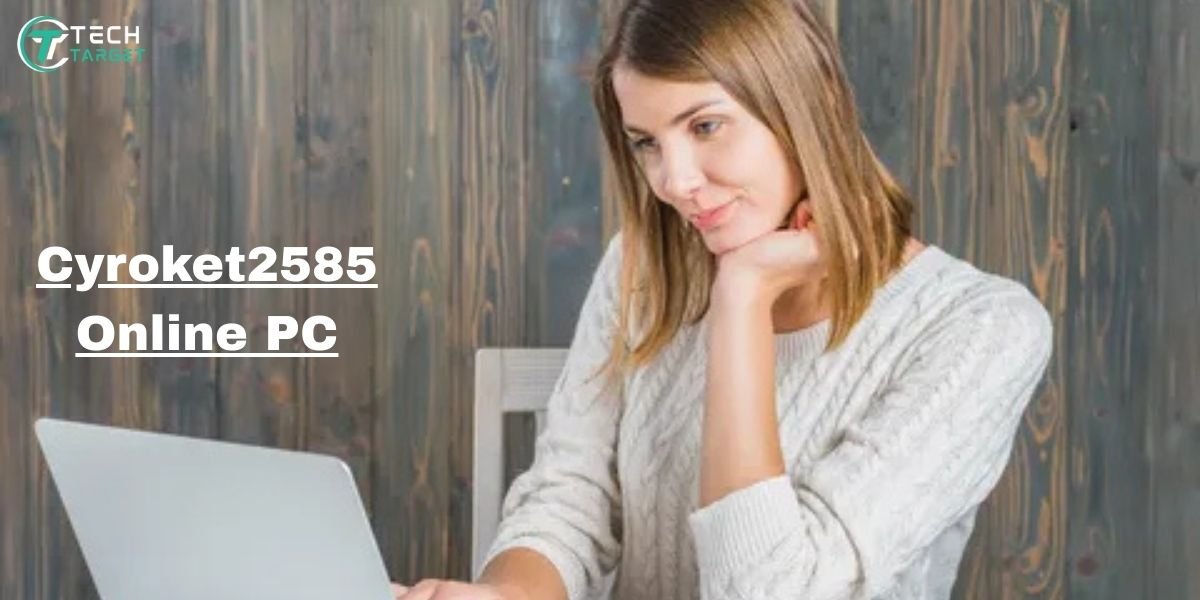With Adobe’s integration of Generative AI in Photoshop, creatives now have access to tools that once seemed impossible. Powered by Adobe Firefly, these AI-driven features allow you to expand images, remove objects, and even generate entire scenes. This can all be done with just a few clicks or a simple prompt.
Whether you’re a designer, photographer, content creator, or hobbyist, these tools are redefining what’s creatively possible. In this guide, we explore the top 10 creative uses of Generative AI in Photoshop and how they can supercharge your workflow.
What Is Generative AI in Photoshop?
Generative AI in Photoshop refers to the use of artificial intelligence to create, alter, or enhance visual elements using text prompts or contextual cues.
These tools include:
- Generative Fill – Fill selected areas with AI-generated content
- Generative Expand – Extend the canvas intelligently
- Text-to-Image – Generate entirely new visuals using written prompts
The magic happens through Adobe Firefly, Adobe’s AI engine trained on licensed content, so you can create commercially safe and high-quality assets.
Why Creatives Are Embracing Generative AI?
Adobe’s AI tools aren’t just for fun; they’re functional, time-saving, and powerful. Here’s why they’re making waves:
- Slash editing time in half (or more)
- Eliminate tedious tasks like masking or cloning
- Instantly visualize ideas from written concepts
- Lower the barrier to high-end design, even for beginners
Now let’s explore the top 10 ways creatives are using these tools in real workflows.
Top 10 Creative Uses of Generative AI in Photoshop
1. Removing Unwanted Objects Instantly
Tired of distractions ruining your photos?
With Generative Fill, you can easily select and remove anything from your image. Be it photo-bombers, wires, signage, or imperfections, and let Photoshop replace them with context-aware content.
Example: Remove tourists from a landscape with one click, and it looks like they were never there.
2. Expanding Backgrounds Seamlessly
Need to change the aspect ratio of an image without cropping the subject? Use Generative Expand to extend your image’s edges while preserving realism.
Perfect for:
- Social media post resizing
- Turning portraits into full banners
- Framing subjects better
Just click “Crop,” expand the canvas, and let the AI fill in the rest intelligently.
3. Creating Entire Scenes from Scratch
This is where Photoshop becomes pure magic. You can now generate entirely new environments using just a description.
Example: Select a subject and generate a “cyberpunk city at night” in the background. No stock images or 3D tools required!
4. Replacing Skies and Backgrounds Creatively
Say goodbye to boring backdrops. Use Generative Fill to replace skies or studio backgrounds with vibrant alternatives from sunsets to galaxies.
Use cases:
- Outdoor photos with dull lighting
- Studio portraits needing context
- Product photography with branded backgrounds
5. Designing Concept Art or Mockups
Need to pitch a creative idea or present a product concept? Use text prompts to generate mood boards, packaging visuals, or interface mockups.
Great for:
- Graphic designers
- UI/UX teams
- Digital Marketing
You can even sketch something rough and let the AI turn it into a polished render.
6. Enhancing Portraits with New Elements
Give portraits a unique twist by adding accessories, changing hairstyles, or generating backgrounds.
Ideas include:
- Changing clothing style (formal, vintage, sci-fi)
- Adding hats, glasses, or jewelry
- Transforming lighting or seasons
AI does the heavy lifting you get full control.
7. Generating Visual Ideas from Text Prompts
Stuck with a creative block? Just type your idea and see it come to life.
Example prompts:
- “A dragon flying over a volcano”
- “A minimalist office setup with plants and coffee”
- “Retro 90s neon diner”
This is a fantastic tool for concept artists, bloggers, or social media marketing managers.
8. Creating Unique Social Media Visuals
No design skills? No problem.
Photoshop’s AI lets you create thumb-stopping social media content in minutes:
- Instagram story backgrounds
- Branded post templates
- YouTube thumbnails
- Viral memes or visuals
You can also remix existing content by expanding or enhancing it by using advanced AI solutions.
9. Restoring or Reimagining Old Photos
Bring old, damaged, or incomplete images back to life or give them a creative twist.
Example:
- Repair scratches or tears in vintage family photos
- Reimagine black-and-white photos with colorful backgrounds or artistic flair
AI can fill in missing data more realistically than traditional restoration tools.
10. Speeding Up Composite Workflows
Designers often spend hours combining elements from multiple images. Generative AI can now generate missing components, remove clashing elements, or enhance realism.
Use it to:
- Add smoke, light, water, or environmental effects
- Replace stock items with AI-generated versions
- Create entire compositions from scratch using AI and manual layers
How to Get Started with Generative AI in Photoshop?
To use these tools, make sure:
- You’re using Adobe Photoshop 2024 or later
- You have access to Adobe Firefly (beta or full version)
- You’re signed into a Creative Cloud account
Tips for Better Results:
- Use clear, descriptive text prompts
- Try multiple variations to find the best result
- Use layers and masks to blend AI elements with manual edits
Limitations & Best Practices
While powerful, Generative AI isn’t perfect. Be aware of:
- Inaccurate renderings (e.g., hands or reflections)
- Ethical concerns: Avoid using AI for deepfakes or deceptive content
- Licensing: Firefly is trained on Adobe Stock, which is safer for commercial use
Always review and refine AI outputs to ensure professional quality.
Conclusion
Generative AI in Photoshop is more than a trend. It’s a revolution for creatives. From effortless object removal to generating breathtaking scenes, this technology empowers artists to move faster, think bigger, and create smarter.
If you’re still doing things the old way, it’s time to rethink your workflow. With the right prompt, the right tools, and a little creativity, Photoshop’s AI becomes your most powerful co-creator.

